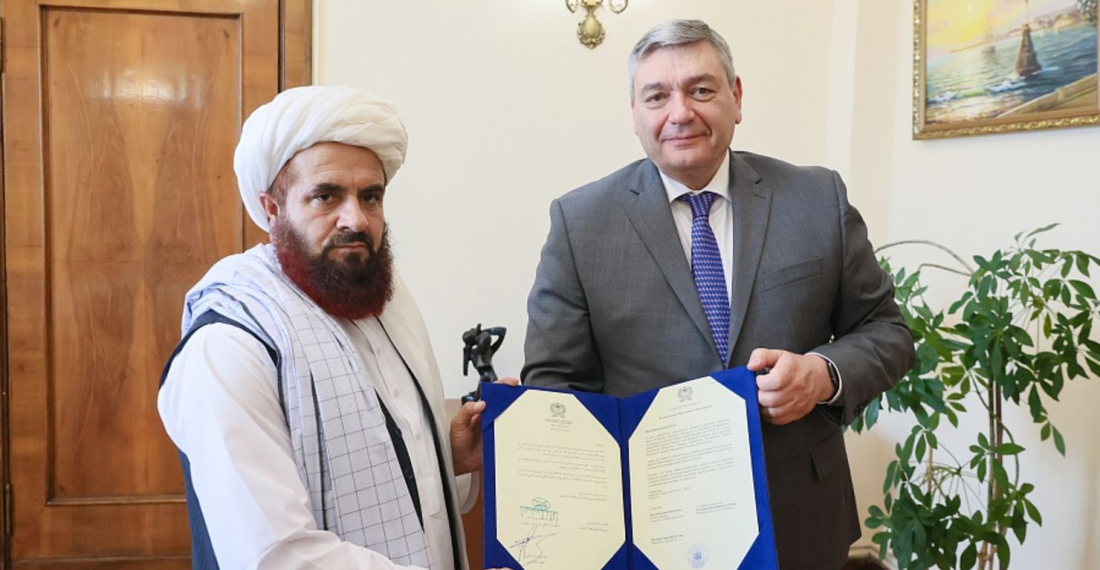On Thursday (3 July), Russia formally recognised the Taliban government in Afghanistan by accepting credentials from its new ambassador, Gul Hassan Hassan.
In April, Russia removed the Taliban from its list of terrorist organisations. On Thursday, the Russian Foreign Ministry welcomed this decision, stating that diplomatic ties would promote "productive bilateral cooperation" in areas such as trade, energy, transport, agriculture, and security. Afghanistan’s foreign minister, Amir Khan Muttaqi, welcomed Russia’s move, calling it 'historic' and expressing hope that other countries would follow suit. This reflects the Taliban's growing efforts to gain international legitimacy since seizing power in August 2021 following the US withdrawal from the country.
Despite increasing engagement with neighbouring states such as China, Pakistan, the UAE and Uzbekistan, none have yet officially recognised the Taliban government. Western governments remain cautious, citing serious concerns about human rights, particularly women’s rights, under Taliban rule. A report by UN Women, released at the end of June, found that Afghan women “are being pushed out of nearly every sphere of life”. At least 70 decrees have been issued that have restricted women’s rights, including the right to education and to a professional life, as well as their freedom to make choices about their own lives.






